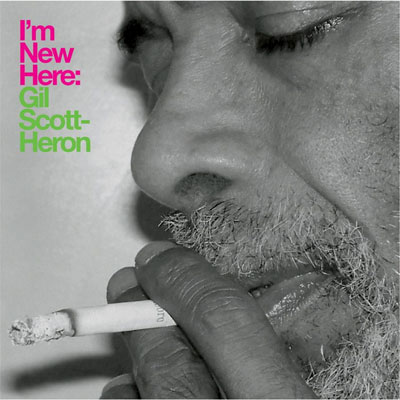
Popularly known as the “godfather of rap” and the “black Bob Dylan,” poet Gil Scott-Heron died Friday in New York City at the age of 62.
According to an article on Rolling Stone magazine online, the renowned artist had recently taken ill after returning from a tour in Europe and had checked himself into St. Luke’s-Roosevelt Hospital Center in Manhattan, where he eventually passed. While a particular cause of death has yet to be determined, sources maintain that Heron had been battling serious addiction and health problems, including being HIV-positive, for years.
First coming to fame in the 1970s as a spoken word performer and musician, Heron has been widely recognized for his unique vocal style and his writing of the song “The Revolution Will Not Be Televised”, which is known for its mix of political content and numerous references to pop culture icons. Many hip-hop figures have cited the track as an influence on their work, and credit Heron with inspiring them to create music. Though Heron himself at times seemed ambivalent about such claims, he acknowledged the association by “paying back” artists like Kanye West through including samples of them in his own work.
Watch the video for the track “Me and the Devil” from Heron’s last album “I’m New Here”:
While suffering from a variety of drug and legal troubles over the past decade, Heron remained active in the music scene until his death. In 2010, he released his first album in 16 years I’m New Here, which features an interest in a more electronic-orientated sound and lyrical content that centers on reflection. And in 2011, British artists Jamie “xx” Smith produced a record-long remix of the album entitled We’re New Here, though he largely worked on the project solo and without input from Heron.
“He was a father figure of sorts to me,” said producer of I’m New Here Richard Russell in an online tribute via the New Musical Express (NME) magazine. “He had a fierce intelligence, and a way with words which was untouchable; an incredible sense of humour and a gentleness and humanity that was unique to him. Gil was not perfect in his own life. But neither is anyone else.”
For more information on Gil Scott-Heron and his work please visit www.gilscottheron.net/.


